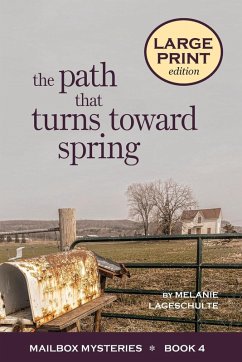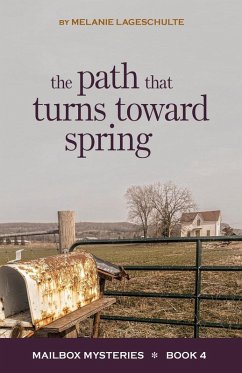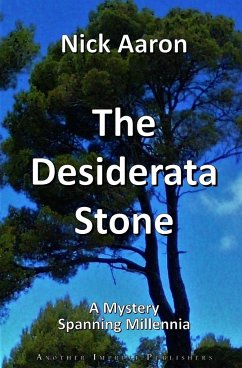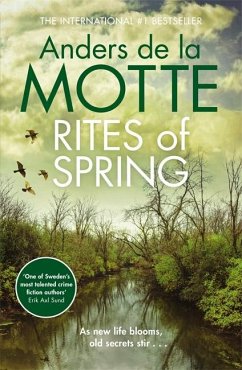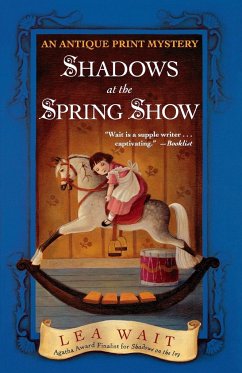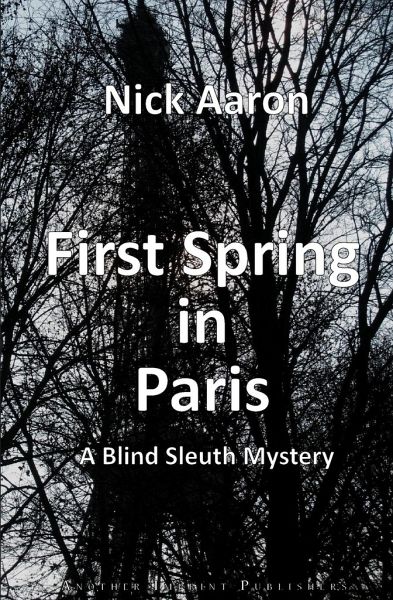
First Spring in Paris

PAYBACK Punkte
8 °P sammeln!
In 1946 Daisy and her friend Beatrice decided to move to Paris, because they were fed up with limping London, still crippled and depressed in the aftermath of the war. And indeed, in the spring of that year, Paris was the place to be-isn't it always? In particular, some very interesting things were going on in Saint-Germain-des-Prés: existentialism, free love, and American jazz throbbing through the night in the cellar clubs. Then one day, just as the two were settling into a new life, a little boy stepped forward in the street and said, "Can you come with me? My mummy is all funny." And he l...
In 1946 Daisy and her friend Beatrice decided to move to Paris, because they were fed up with limping London, still crippled and depressed in the aftermath of the war. And indeed, in the spring of that year, Paris was the place to be-isn't it always? In particular, some very interesting things were going on in Saint-Germain-des-Prés: existentialism, free love, and American jazz throbbing through the night in the cellar clubs. Then one day, just as the two were settling into a new life, a little boy stepped forward in the street and said, "Can you come with me? My mummy is all funny." And he led them to a garret where they found his mother's dead body. A very disturbing murder case was thrown in their path, and one thing leading to another, Daisy Hayes, blind sleuth extraordinaire, had to rise to the challenge as never before.






